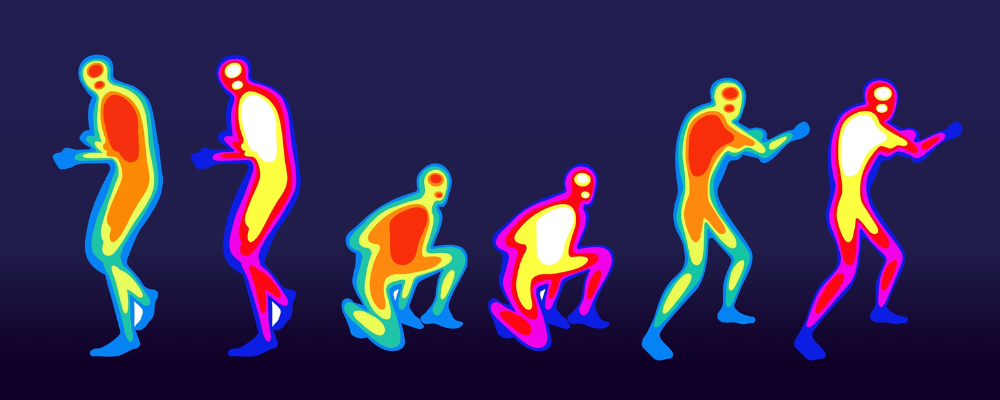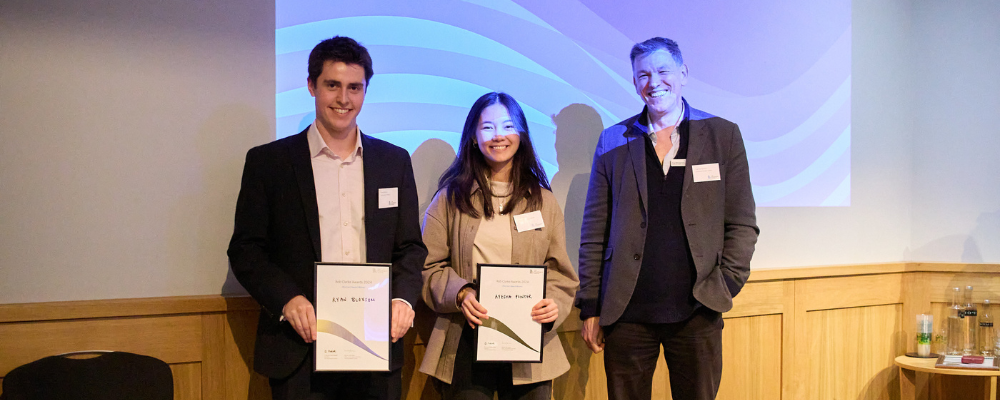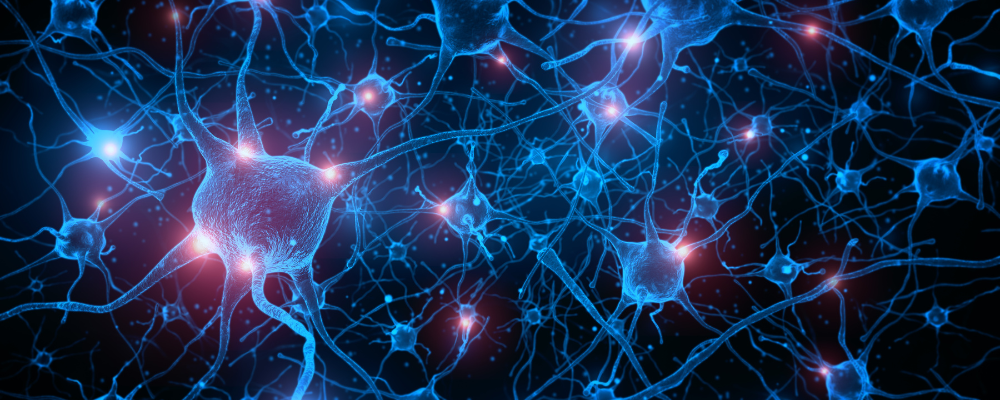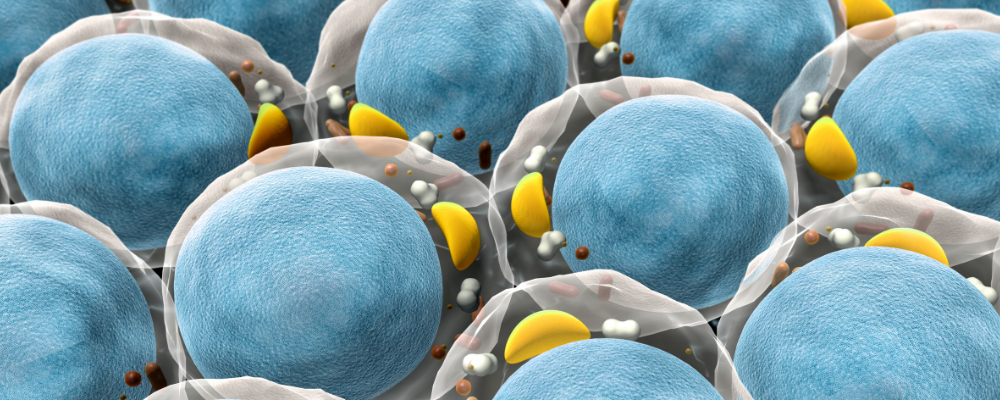
Brunel University London, UK will host ‘Thermal Physiology in Health and Disease: Mechanisms and Therapeutic Applications’ meeting from 3 – 4 June. It focuses on the dynamic and rapidly evolving field of thermal physiology, showcasing a diverse range of speakers to foster an inclusive and collaborative scientific environment. Welcoming researchers and practitioners at all career stages—including clinicians, medical professionals, physiotherapists, occupational therapists, and sport, exercise, and health physiologists— it offers a unique platform for engaging with cutting-edge research, interdisciplinary discussions, and new collaborations. Enhancing the experience, a free ebook accompanies the meeting alongside a call for papers for a special issue of Experimental Physiology, Thermal physiology in health and disease: mechanisms and therapeutic applications.
In an era of global demographic shifts towards an ageing population and declining adherence to physical activity guidelines, the exploration of thermal interventions has become timely. Thermal interventions, encompassing water baths, saunas, and specialised cooling or heating garments and equipment, elicit a diverse array of human physiological responses. These responses include significant haemodynamic adjustments, alterations in the delivery of oxygen, nutrients, and regulatory factors and the modulation of inflammatory processes. Several of these responses closely mirror those observed during physical exercise. Thermal interventions may therefore serve as an alternative or adjunct to exercise in those unwilling or unable to be physically active and address marked declines in physical health and well-being, including managing chronic inflammation, cardiovascular disease, and metabolic disorders.
Despite emerging evidence of the benefits of thermal interventions, the research community is also salient to the potential risk to health of increased or decreased body temperature and the benefits of thermal interventions should be balanced against this. Relatedly, global temperatures are increasing, as are the frequency and intensity of heat waves. Therefore understanding the mechanisms associated with heat illness and inflammation is of growing relevance for vulnerable populations during daily living, and otherwise healthy populations undertaking exercise/physical activity in the heat.
This meeting will focus on the mechanistic and applied role of thermal physiology in health and disease. Day one will emphasise the body’s responses to thermal stress including respiratory and circulatory considerations, metabolic and neuromuscular responses, and immune, inflammatory and neurohumoral outcomes associated with hyperthermia. Day two will highlight hypo- and hyperthermic interventions to enhance health and address disease states in clinical, exercise and sport settings, with distinct sessions focused upon ageing and sex differences.
You can save money with our early bird registration rates until 22 April. Find out more on our event page.



